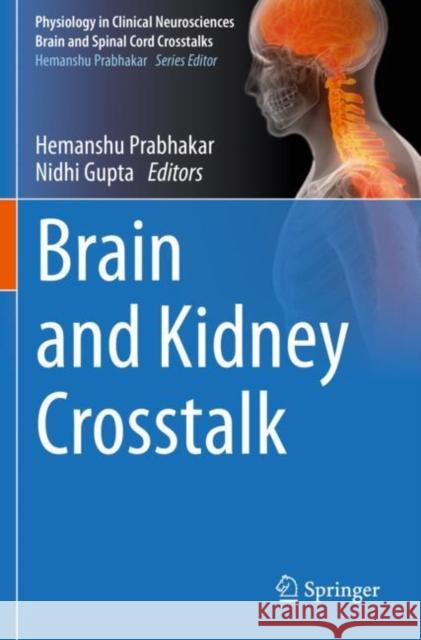Brain and Kidney CrossTalk » książka
topmenu
Brain and Kidney CrossTalk
ISBN-13: 9789811523274 / Angielski / Miękka / 2021 / 117 str.
Brain and Kidney CrossTalk
ISBN-13: 9789811523274 / Angielski / Miękka / 2021 / 117 str.
cena 605,23
(netto: 576,41 VAT: 5%)
Najniższa cena z 30 dni: 578,30
(netto: 576,41 VAT: 5%)
Najniższa cena z 30 dni: 578,30
Termin realizacji zamówienia:
ok. 22 dni roboczych
Bez gwarancji dostawy przed świętami
ok. 22 dni roboczych
Bez gwarancji dostawy przed świętami
Darmowa dostawa!
Kategorie BISAC:
Wydawca:
Springer
Seria wydawnicza:
Język:
Angielski
ISBN-13:
9789811523274
Rok wydania:
2021
Wydanie:
2020
Numer serii:
001087165
Ilość stron:
117
Oprawa:
Miękka
Wolumenów:
01











